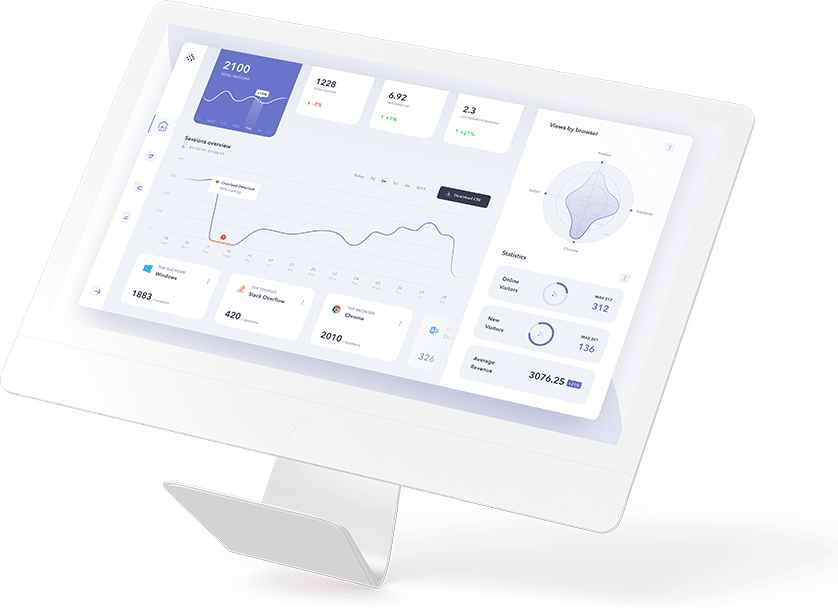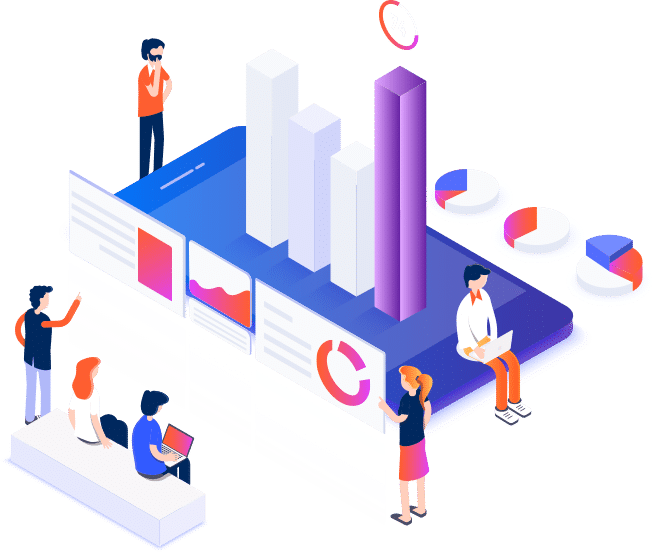
How Public Data Analysis Is Changing Competitive Intelligence
- Admin
- No Comments
In today’s hyperconnected world, businesses no longer rely solely on private sources for market insights. Public data — from social media posts to government reports — has emerged as a goldmine for competitive intelligence. Companies that leverage these open sources are better equipped to spot trends, anticipate market movements, and outperform their competitors.
The Evolution of Competitive Intelligence
Competitive intelligence (CI) traditionally involved secretive tactics like industry reports, mystery shopping, or insider interviews. However, the abundance of publicly available digital data has democratized the process. Today, even small businesses can access powerful tools that analyze public datasets to extract actionable insights without crossing ethical boundaries.
Key Sources of Public Data
Modern CI strategies pull information from a wide variety of sources, including:
-
Social media platforms (LinkedIn, Twitter, Reddit)
-
Government databases (census data, patent filings)
-
News aggregators and industry blogs
-
Customer reviews on platforms like Yelp and Amazon
-
Public financial reports from listed companies
Each of these sources provides different layers of intelligence, from consumer sentiment to market sizing and competitor strategy.
How Public Data Enhances Decision-Making
Analyzing public data offers a unique advantage: real-time updates. Instead of waiting for quarterly reports, businesses can monitor customer behaviors, competitor activities, and industry shifts as they happen. This speed allows brands to pivot faster, launch better-timed products, and optimize marketing efforts with a data-driven approach.
The Role of AI and Automation
Manual data gathering is no longer sufficient. Artificial intelligence (AI) and machine learning algorithms now sift through millions of data points to uncover hidden patterns. Automation tools scrape, organize, and analyze public data at scale, freeing analysts to focus on interpretation and strategic planning.
 Ethical Considerations in Public Data Analysis
Ethical Considerations in Public Data Analysis
Even though the data is publicly available, ethical guidelines must be followed. Companies must avoid infringing on privacy, respect platform terms of service, and ensure transparent data usage. Ethical CI practices not only protect brand reputation but also build trust with customers and stakeholders.
Case Studies of Success
Numerous businesses have outpaced their competition using public data analysis:
-
A tech startup predicted a shift in consumer behavior by analyzing Reddit discussions.
-
A retail chain optimized its supply chain after studying publicly available weather data.
-
A financial services firm spotted early warning signs of market downturns through social sentiment analysis.
These examples prove that mastering public data can lead to a significant competitive edge.
Challenges in Public Data Analysis
Despite its advantages, public data analysis comes with challenges. Data can be noisy, unstructured, and overwhelming. Companies must invest in the right tools, train their teams properly, and remain vigilant against biases that could skew interpretation.
Best Practices for Effective Use
To maximize the benefits of public data analysis for competitive intelligence:
-
Set clear goals before data collection.
-
Use multiple data sources to validate findings.
-
Implement robust data cleaning processes.
-
Regularly update analytical models to stay relevant.
-
Stay compliant with data privacy laws and ethical standards.
Future Trends in Public Data and Competitive Intelligence
As data volumes continue to grow, the future of CI will lean heavily on real-time analytics, predictive modeling, and enhanced AI capabilities. Companies that invest today in mastering public data analysis will be tomorrow’s industry leaders.
